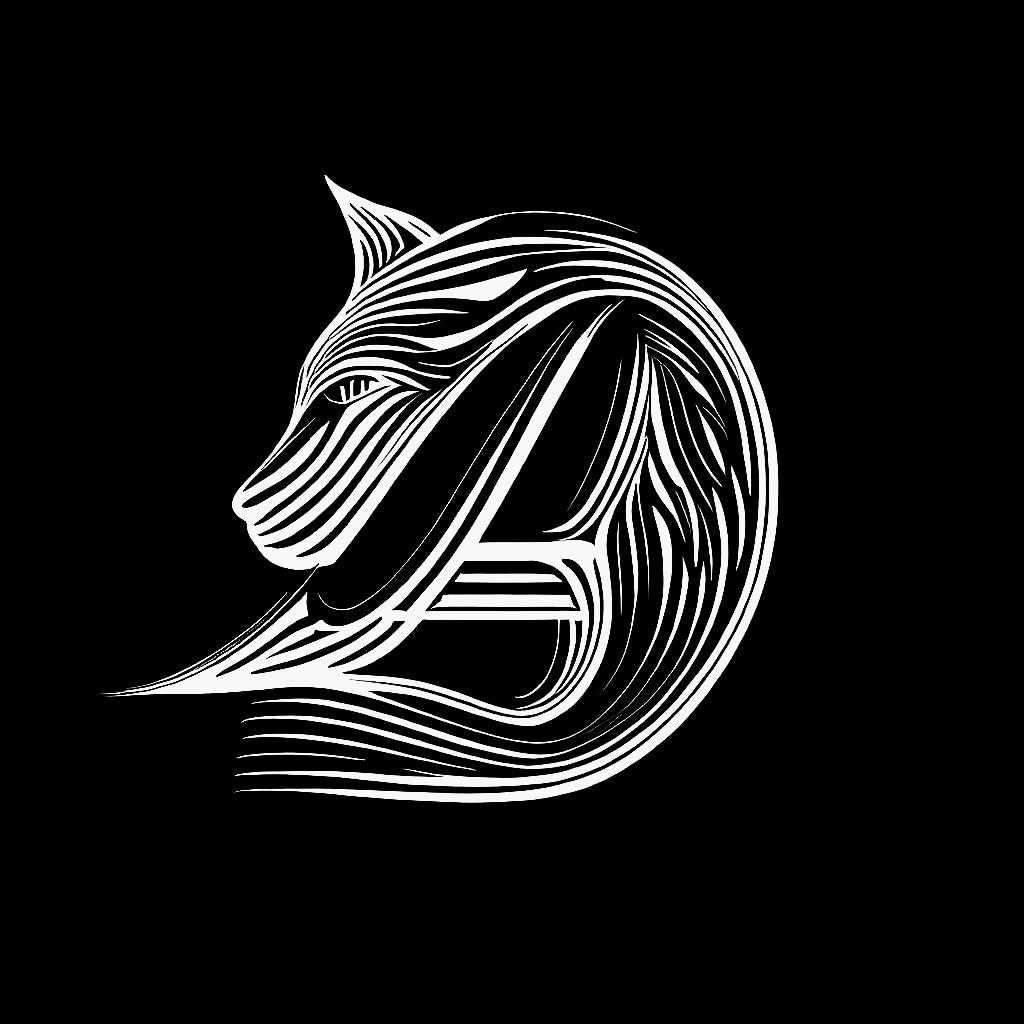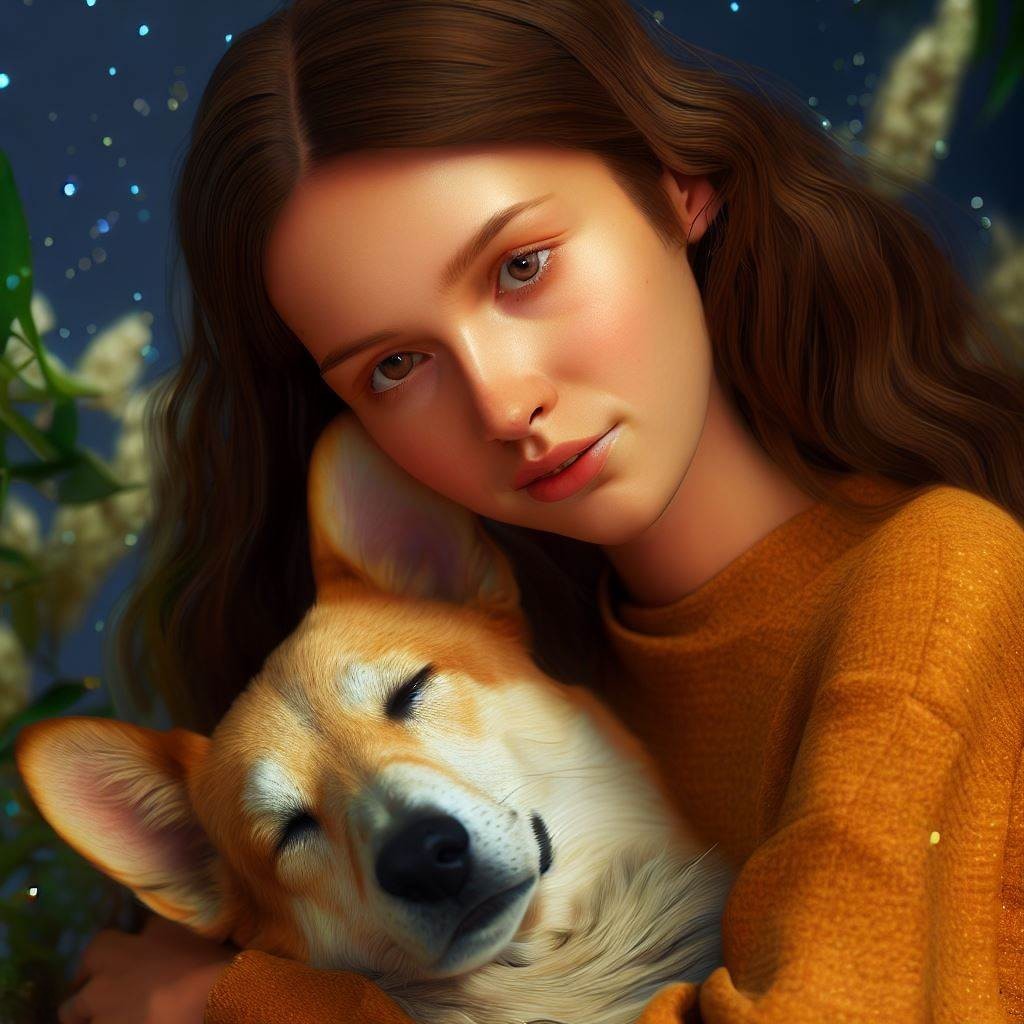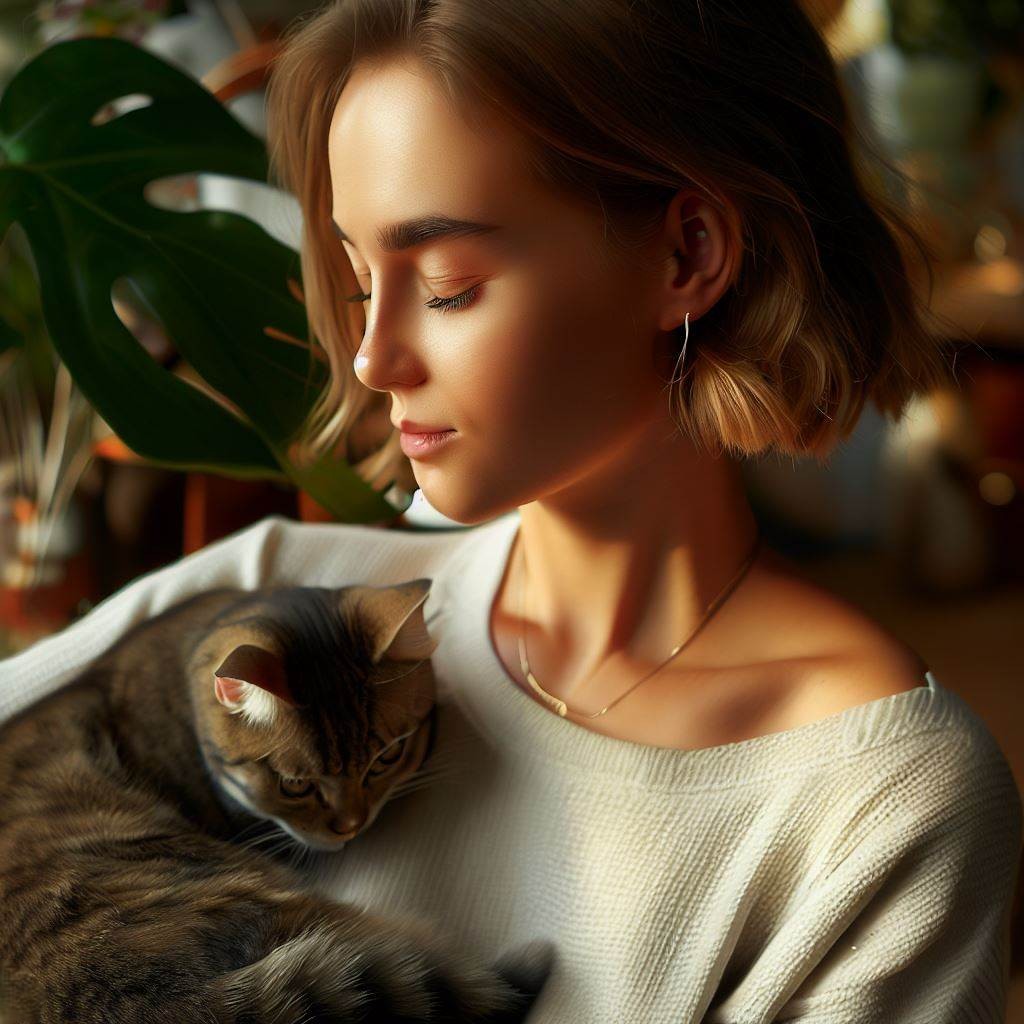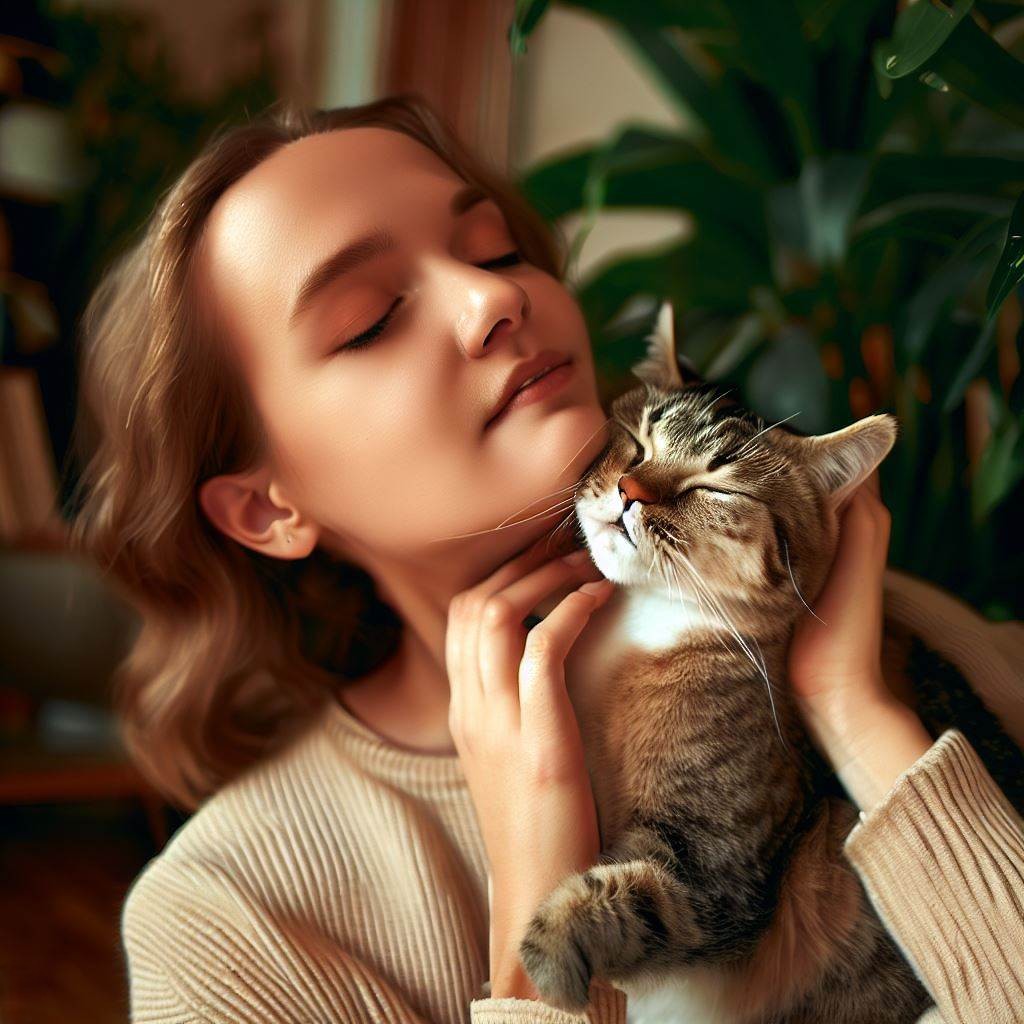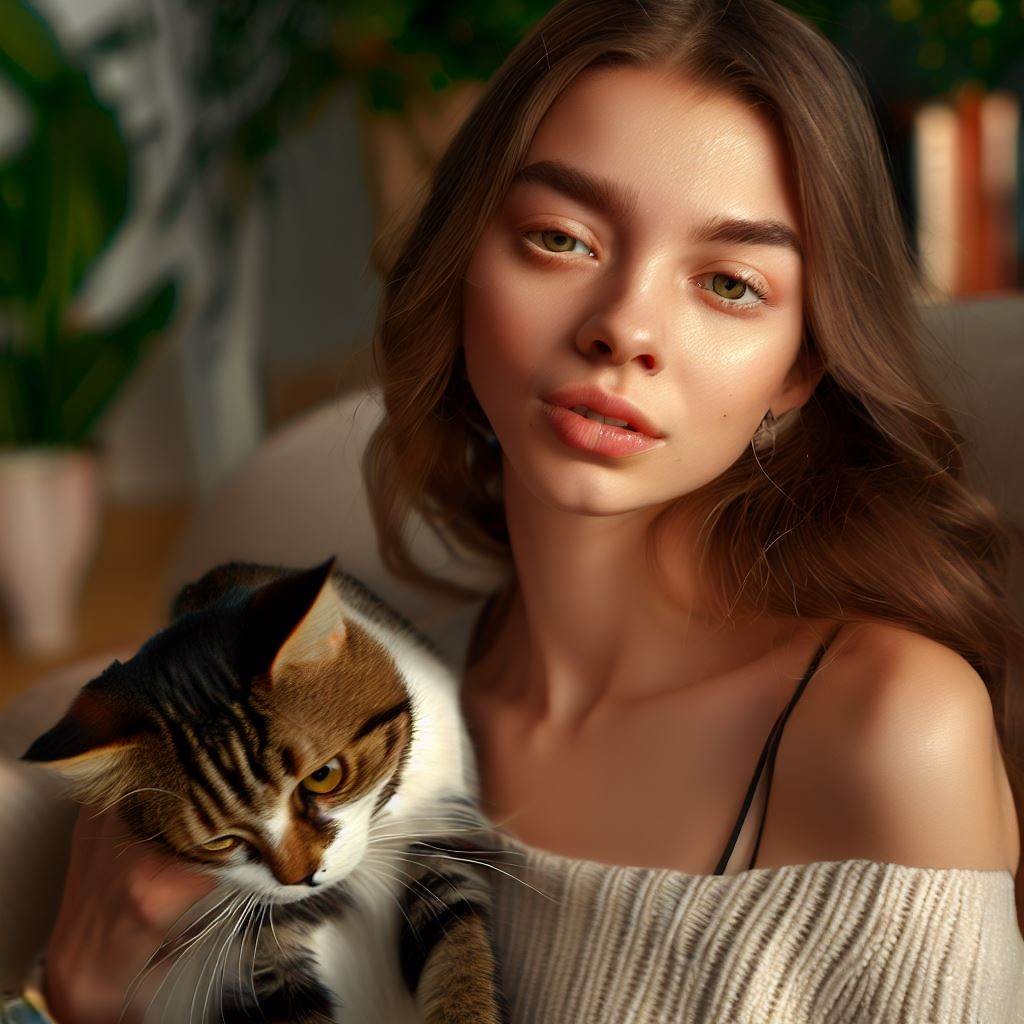Ah, the humble pet food bowl. At a first glance, it’s a simple vessel, often licked clean within minutes. But dig deeper and you’ll find it’s a world brimming with decisions, dilemmas, and most importantly, deliciousness. In the age of organic, gluten-free, and non-GMO for us bipedal beings, shouldn’t our four-legged family members get a taste of the good life too?
It’s a sight we’ve all witnessed: our beloved pooch, snuggled up on their favorite couch or bed, suddenly starts twitching or whimpering in their sleep. Their legs move as if they’re chasing something, and their tail might even wag. But what’s really going on in that furry head of theirs? Do they dream of chasing squirrels, being rewarded with treats, or perhaps they’re reliving their puppy days? Let’s embark on a whimsical journey to understand the science behind our dogs’ dreams.
It’s a sight we’ve all witnessed: our beloved pooch, snuggled up on their favorite couch or bed, suddenly starts twitching or whimpering in their sleep. Their legs move as if they’re chasing something, and their tail might even wag. But what’s really going on in that furry head of theirs? Do they dream of chasing squirrels, being rewarded with treats, or perhaps they’re reliving their puppy days? Let’s embark on a whimsical journey to understand the science behind our dogs’ dreams.
It’s a sight we’ve all witnessed: our beloved pooch, snuggled up on their favorite couch or bed, suddenly starts twitching or whimpering in their sleep. Their legs move as if they’re chasing something, and their tail might even wag. But what’s really going on in that furry head of theirs? Do they dream of chasing squirrels, being rewarded with treats, or perhaps they’re reliving their puppy days? Let’s embark on a whimsical journey to understand the science behind our dogs’ dreams.
It’s a sight we’ve all witnessed: our beloved pooch, snuggled up on their favorite couch or bed, suddenly starts twitching or whimpering in their sleep. Their legs move as if they’re chasing something, and their tail might even wag. But what’s really going on in that furry head of theirs? Do they dream of chasing squirrels, being rewarded with treats, or perhaps they’re reliving their puppy days? Let’s embark on a whimsical journey to understand the science behind our dogs’ dreams.
It’s a sight we’ve all witnessed: our beloved pooch, snuggled up on their favorite couch or bed, suddenly starts twitching or whimpering in their sleep. Their legs move as if they’re chasing something, and their tail might even wag. But what’s really going on in that furry head of theirs? Do they dream of chasing squirrels, being rewarded with treats, or perhaps they’re reliving their puppy days? Let’s embark on a whimsical journey to understand the science behind our dogs’ dreams.
It’s a sight we’ve all witnessed: our beloved pooch, snuggled up on their favorite couch or bed, suddenly starts twitching or whimpering in their sleep. Their legs move as if they’re chasing something, and their tail might even wag. But what’s really going on in that furry head of theirs? Do they dream of chasing squirrels, being rewarded with treats, or perhaps they’re reliving their puppy days? Let’s embark on a whimsical journey to understand the science behind our dogs’ dreams.
Cats, with their enigmatic eyes and nonchalant demeanor, have long been known for their seemingly aloof nature. They lounge in sunny spots with inscrutable expressions, and their independent nature often leaves us questioning what’s really going on behind those gleaming eyes. Their reputation for aloofness often presents a puzzling paradox that leaves cat owners and animal lovers alike baffled. But are cats truly emotionless, or is there more beneath that indifferent exterior?
Cats, with their independent nature and inscrutable expressions, are often perceived as aloof creatures that prefer solitude over companionship. However, recent research has begun to shed light on the emotional depth of these fascinating animals, revealing a more complex picture. Cats not only experience a wide array of emotions but also form emotional bonds with their human companions, much like dogs and even human infants do.
Cats, with their independent nature and inscrutable expressions, are often perceived as aloof creatures that prefer solitude over companionship. However, recent research has begun to shed light on the emotional depth of these fascinating animals, revealing a more complex picture. Cats not only experience a wide array of emotions but also form emotional bonds with their human companions, much like dogs and even human infants do.
